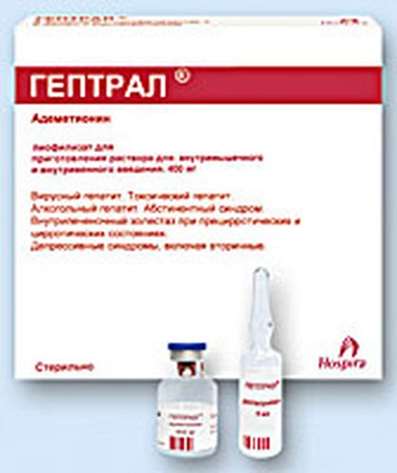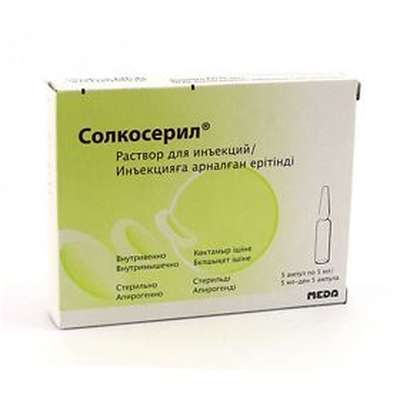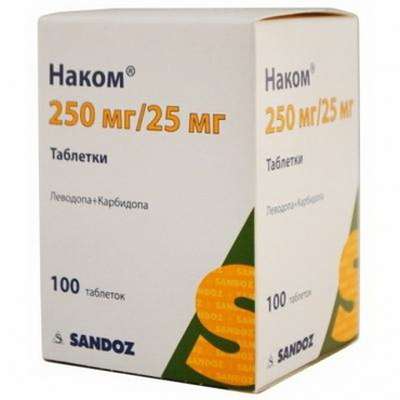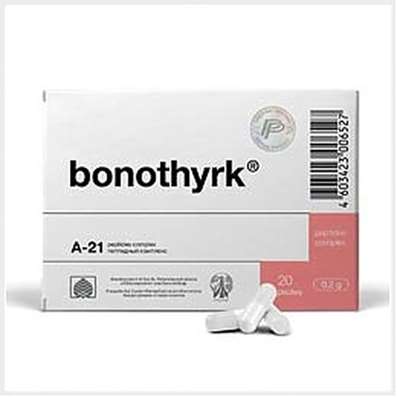FAQ: Excess of Immunity
23 Oct 2016
5 facts about infections, strengthening the immune system and gamma-interferon.
Everyone knows that the lack of quantitative immune response - is bad. This lack of immunity can be expressed in an increased incidence of both young children and the elderly.

- 1.Infection control
Classic examples of what happens to people who suffer from immune deficiencies, - a disease that affects people with severe HIV infection and congenital defects of the immune system. But because of these extreme examples in many there is a strange feeling that the higher the immune system, the better it will be for the person to whom it is necessary to deal with the adverse effects, such as infection. The infection in the first place, because it is likely an evolutionary immunity arose just as the fight against infections, and not with anything else. Tumors also may have to do with it, but still, most likely, this is secondary.
- 2.Malfunctions of the immune system
Meanwhile, to improve the immune system can be extremely dangerous. There is such a thing as autoimmunity - a situation, when the immune system begins to recognize and respond to their own, then it is normal do not laid. Unfortunately, there are many different genetic causes of why the immune system is unable to cope with in order to stop responding to this.
The normal functioning of the immune system is accompanied by the constant support of the molecular mechanisms that are removed from the body cell clones that are able to respond to self antigens. But, as in any complex system, there is a lot of failure and then outward to the periphery, in circulation in the bloodstream and lymph are pulled out cells that are able to recognize their own, and here the problems begin: systemic lupus erythematosus, rheumatoid arthritis, autoimmune diabetes and other.
So you can buy Complex of cytamins for the immune system.
- 3.Danger enhance immunity
When the doctor-immunologist, not working with autoimmunity and immuno-compromised patient wants to do better, he often says that he needs to raise the level of the immune response. Usually, the doctor offers to improve the immune system in general. For what it may lead, I can tell you some of the examples of infectious.
The most important factor of the immune response against intracellular parasites - a gamma-interferon. This interferon, which is produced by different cells, but primarily by T lymphocytes. Its main effector, that is the ultimate function of - this activation of macrophages, phagocytes, i.e. cells that absorb microbes, but not always able to kill them by themselves. They help in the cells that produce gamma interferon. Macrophages are activated, they acquire certain new properties, and then become able to kill the parasite. But the action of gamma-interferon is realized at a very short distance, at the contact points and macrophage activating its cells. At the same time, no one knows how much of it you need to enter from the outside, so that he could work, and interferon gamma is very toxic. Why and failed attempts to treat tumors by gamma-interferon, which are actively undertaken in the 90 years of the twentieth century, and practically ceased, because it must be administered in doses such that the host he represented no benefit and danger. Can we increase the internal level of the same gamma-interferon, without entering it, but simply due to the stimulation of immunity to dangerous levels? The answer to this question is not, so to say that we need to improve the immune system, you need to be extremely careful.
- 4.Collision with serious illnesses
Another example: the first on the place of introduction of pathogenic bacteria in the host organism come other phagocytes - neutrophils. It's a pain, and purulent inflammation around it, it is a purulent inflammation in the glands when streptococci cause a sore throat or tonsillitis. This is a very quick reaction, and the first thing arriving cells phagocytose bacteria cope with the parasite, and this process is necessary.
But the bacteria - and not only bacteria, but also protozoa and fungi - that enter into the host, are not restricted by streptococci, staphylococci, E. coli or Salmonella. The host organism can get complex pathogens such as the causative agent, such as leishmaniasis and tuberculosis. And then there is a strange and paradoxical situation: the place of this invasion also come neutrophils, they also begin to absorb, phagocytose pathogens. And it turns out that they are not able to cope with them. A pathogen, getting inside of cells becomes shielded from any other immune response factors. Let temporarily - neutrophils die pretty quickly - but for some hours or days pathogen is fenced off from other factors of immunity, thus invulnerable. And again when he comes out, it may be that it is too late.
- 5.Excess of immune response
In the last seven years is rapidly developing area, it figures out how to allow a protective immune factors to fight the pathogens isolated. Ironically, it turns out that if you systematically remove the neutrophils from the host organism, diseases such as leishmaniasis and tuberculosis occur more easily than when neutrophils present in its entirety. Such experiments have not yet done in the clinic, but is performed only in the experiments on mice advantageously, but quite successfully. It follows that it is not always safe to artificially eliminate the deficiency of neutrophils (which happens when certain pathologies), simply adding neutrophils from the outside.
Or if the light hit tuberculosis or spleen struck brucellosis, immediately start building a fairly complex structures consisting of immune system cells called granulomas - is a response factor, when it comes to a lot of different types of cells: macrophages and neutrophils (phagocytes - factors of innate immunity) T- and B-cells (lymphocytes - acquired immune factors). They form rounded education, within which enclosed parasite. First, they prevent the dissemination of the parasite that is spread on its organs and tissues or the inside of the body.
But this reaction has to be very tightly controlled. If she will go chut-chut more than we would like, that is, if the size of the granuloma is too large or too many, and they will begin to merge, it will lead to the fact that within these barrier structures will necrosis because there is not to be missed oxygen and nutrient factors. Necrotic inflammation will lead to the fact that in this necrotic focus of the parasite will feel great and totally invulnerable, and the inflammatory immune response that will capture most of the body, will lead to the fact that this is just a huge cavern, which is a piece of light will turn off from respiratory function. Hence, excessive immune response leads to the fact that part of the organ, and sometimes lose his entire body of the main function. Then the excess of immune response will directly kill the host.
The paradox lies in the fact that the lack of an immune response - this is very bad, and the example of immunodeficiency, but the excess - this is not a factor of protection and pathogenesis factor. That is due to the fact that the host organism overzealous immune response, begins to lose some of the most important vital functions.

 Cart
Cart





